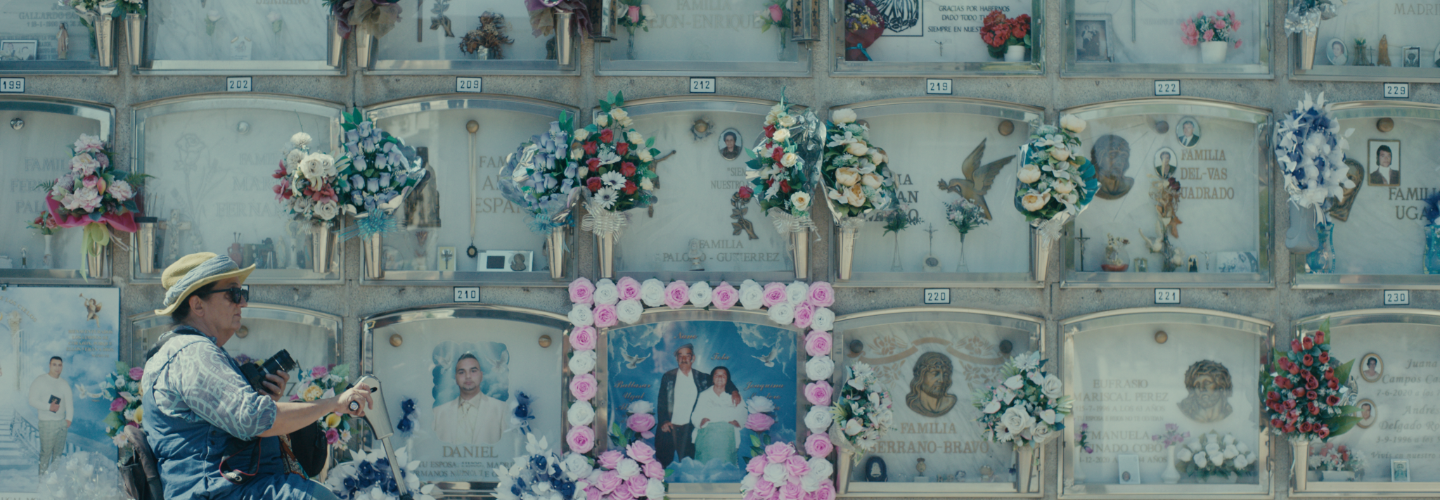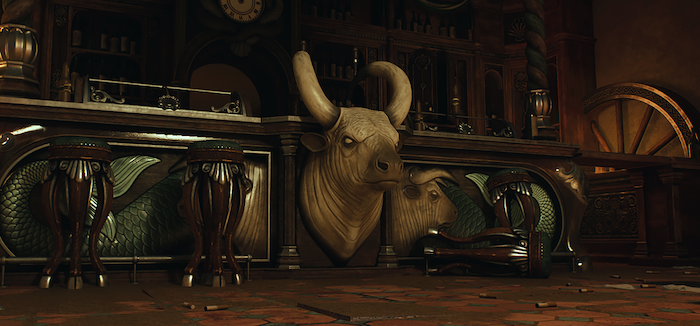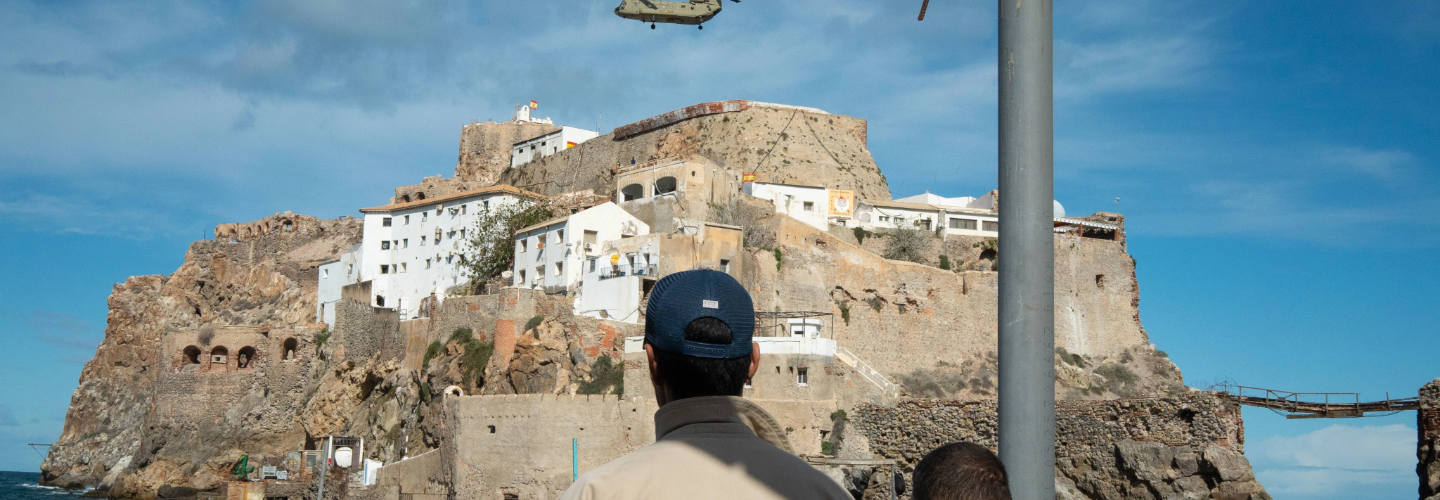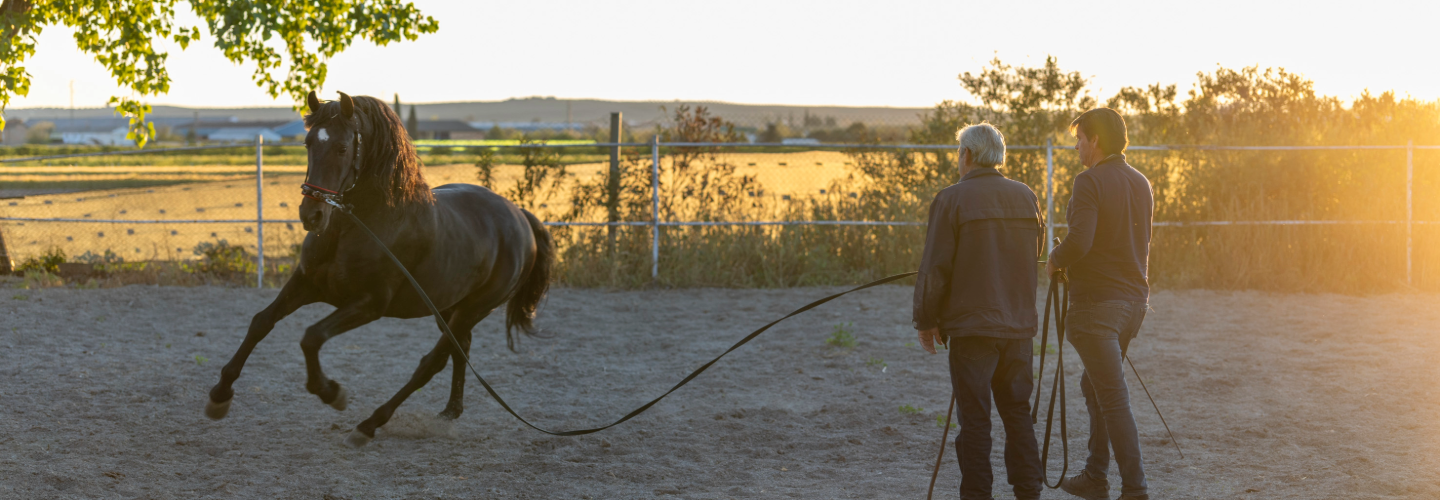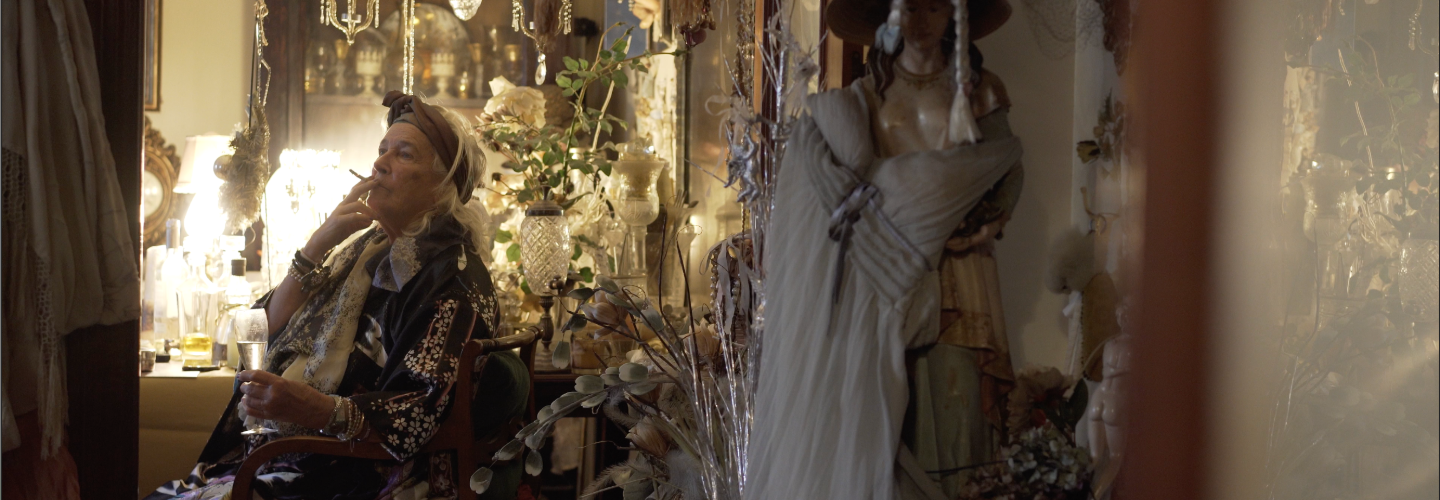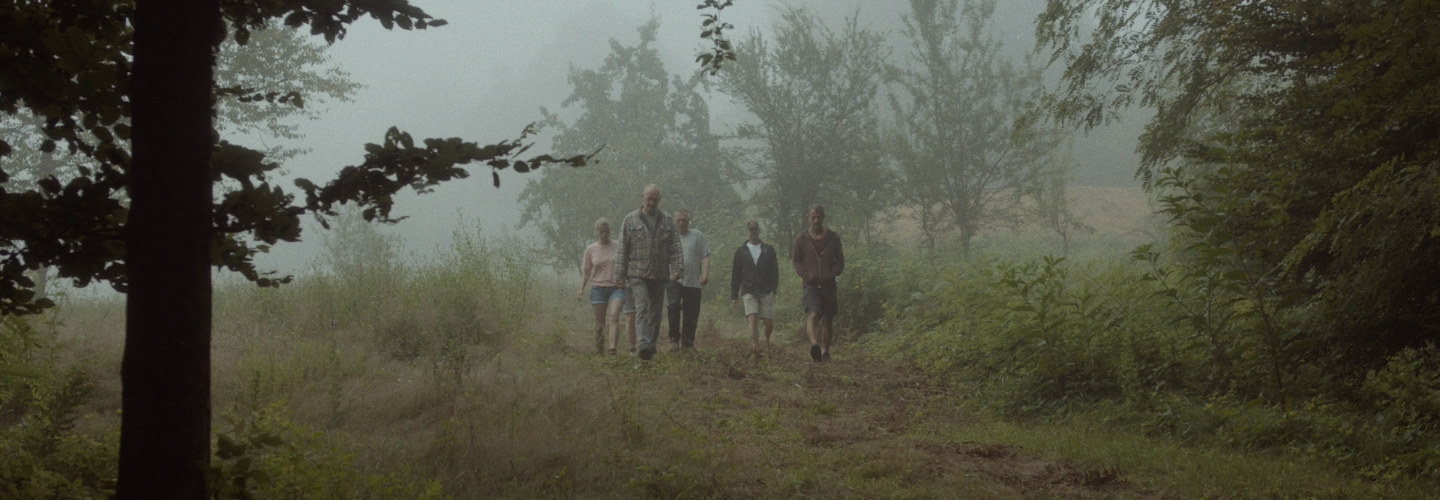Portocabo: Co-production as a bridge to success
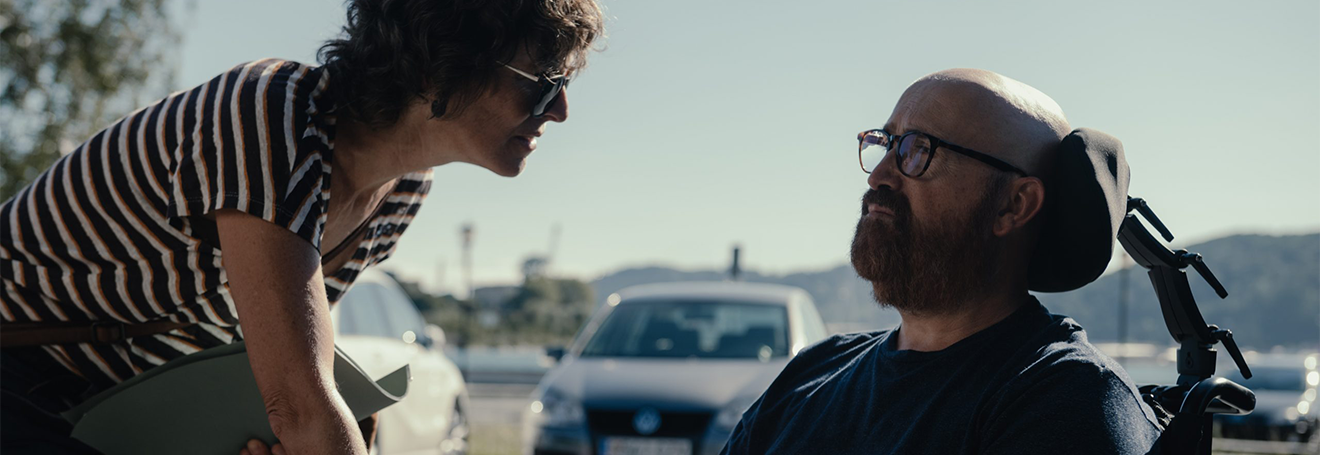
"Portocabo's outstanding feat was to demonstrate with Hierro that the model works" - Alfonso Blanco, founder
A pioneering producer in fiction series co-production, Portocabo has been determined to seek out international partnerships to promote more ambitious projects. Alfonso Blanco, the company's founder, explains the advantages of his approach.
-Audiovisual From Spain: What is Portocabo's contribution to the development of the fiction industry?
-Alfonso Blanco: Our contribution is to have been pioneers in television co-production in Spain. When the production company was launched in 2010, it was with this objective in mind. At that time, the Spanish model consisted of producing on demand for the television channels that existed at the time. The rest of Europe had been doing television co-production for years. So we decided we had to apply this model, which had also been done in cinema for some time.
-AFS: What were the advantages of the model?
-AB: This model involved window financing, where IP could be retained. In addition, maintaining the copyright gave you access to lines of public aid and taxation that were not available at that time in television. It took more years than we thought, but Portocabo's outstanding feat was to demonstrate with Hierro that the model works—that it is possible to make products that work in more than one territory, financed by several countries and achieving an even greater international leveraging and project impact. In addition, creative input is also positive when you work with more than one country. And with Hierro, we have seen that none of the participating territories (in this case, France and Spain) had to give up anything beyond requiring themselves to work as a team. Hierro was able to validate this model, which is what we have continued to work on in Portocabo on a daily basis.
The excellent international acceptance
The excellent international acceptance of Hierro, co-produced by Portocabo and Movistar Plus+ on the Spanish side with Arte and Atlantique from France, is evidenced by the sale of seasons 1 and 2 in markets such as the United States (through Vix+), Latin America (HBO LatAm), Australia(SBS), Portugal (AMC Portugal), Poland (Canal + Poland), Russia (IVI), the Netherlands (Lumiere Publishing), Qatar and Hong Kong (Global Eagle Entertainment), and Canada (MHZ Choice).
Auga Seca, another Portocabo co-production, in this case with Portugal's Spi, broadcast in Spain via HBO Iberia and CRTVG in Galicia, as well as via RTP in Portugal, has also generated multiple international agreements, with agreements with operators such as IVI in Russia, AMC in the Baltic States, the Netherlands, Finland, and Eastern Europe, and HBO in Portuguese Africa.
Also Rapa, a series created by Pepe Coira and Fran Araújo for Movistar Plus+ in collaboration with Portocabo, with Javier Cámara as the main protagonist, was bought by Univision in the United States and Latin America, as well as Streamz in Belgium, Prosieben in Germany, ICI Tou.tv Extra in Canada, Walter Presents for Australia and New Zealand, Canal+ in France and RAI in Italy.
-AFS: With the company established among the main fiction production companies, what challenges does Portocabo face?
-AB: The challenges are consolidating a business line focused mainly on co-production and maintaining IP and creative control over our projects. That was the objective when we founded the production company; it is still what we work towards. It is not easy to have recurring activity throughout the year and produce one, two, or three series as we do with a co-production model that entails more extended development and work times than usual. Our main objective remains consolidating this model and also opening up to new markets. We have co-produced with France, Italy. We are working with Germany… Last year we worked in Latin America with 100 Bares and Paramount on Los Enviados. It is important for us that this does not remain a flash in the pan, to continue working with Latin America and to strengthen our line of work and ties with Europe.
-AFS: What types of projects do you aspire to co-produce in the medium term?
-AB: The future direction is to continue making global co-productions with an increasingly wide impact and scope. This is the case of Garbo, the biggest production we have done so far, our most ambitious project. And it is going very well and at a very good pace. It will be led by Movistar Plus+ and Portocabo, partners we have already worked together on Hierro and Rapa, and that is a working team that knows each other well and works. The remaining partners are still to be defined. In this line, we also aspire to collaborate with public television stations in the near future. We believe that public television has to do collaborative work, and co-production is a line that has to be explored. This is why we aspire for public channels to enter into this type of project, as we have done with Los Argonautas y la Moneda de Oro, which has been a fantastic co-production experience with RTVE. Similarly, our next production, Weiss and Morales, will also be a major co-production between European public broadcasters.
-AFS: Will you continue to focus on children's content?
-AB: Los Argonautas is a line of children's content that we have produced frequently and has been present since the production company's founding (with series like The Avatars and Miracle Tunes), but that we have not produced as often as we would like. We believe this is a need because there is a lack of real-image children's content in Europe. We have worked on Los Argonautas with this objective in mind, and we hope to continue this line of children's content in the future while consolidating our increasingly ambitious line of premium co-production. Another aspiration we have is to be able to co-produce some content with the United States in the coming years. It would be the final step on the stairs, and we would like to reach it at some point. Maybe not next year, but in the next few years.
Related
Related news
-

03 January 2025
03 January 2025
Spanish film exhibition closes 2024 with optimism thanks to an extraordinary end to the year
The summer months, as well as November and December, saved a year whose first half did not record good figures. However, Spanish cinema and local distributors ended up being the year's big winners, increasing their revenues compared to 2023.
Fiction Docs Animation03 January 2025
-

23 December 2024
23 December 2024
Q&A with Antonio Saura, founder of Latido Films
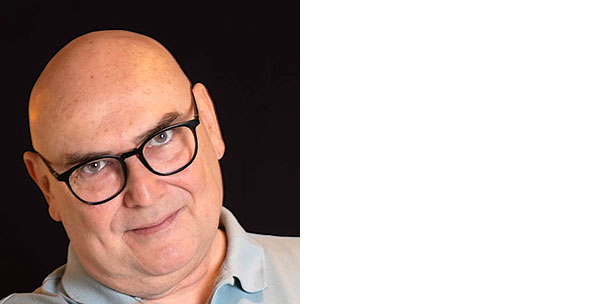
For over two decades at the helm of Latido Films, Antonio Saura has sold key titles of Spanish cinema worldwide. Moreover, his unique experience in the sector is also backed by his credits as a producer for Zampa Audiovisual and Zebra Producciones, as well as his role as deputy chairman of the European Film Academy from 2008 to 2019, and his two-year tenure as director of the Media Business School, one of the most prominent international business training institutions. Saura’s historical perspective is undoubtedly exceptional in terms of the history of Spanish cinema and its global reach.
Some recent, brilliant Spanish titles in Latido line-up include Isaki Lacuesta’s “Saturn Return”, Carlos Marques-Marcet’s “They Will Be Dust”, Antón Álvarez’s “The Flamenco Guitar of Yerai Cortés” or David Pérez Sañudo’s “The Last Romantics”.
Fiction Docs Animation23 December 2024
-
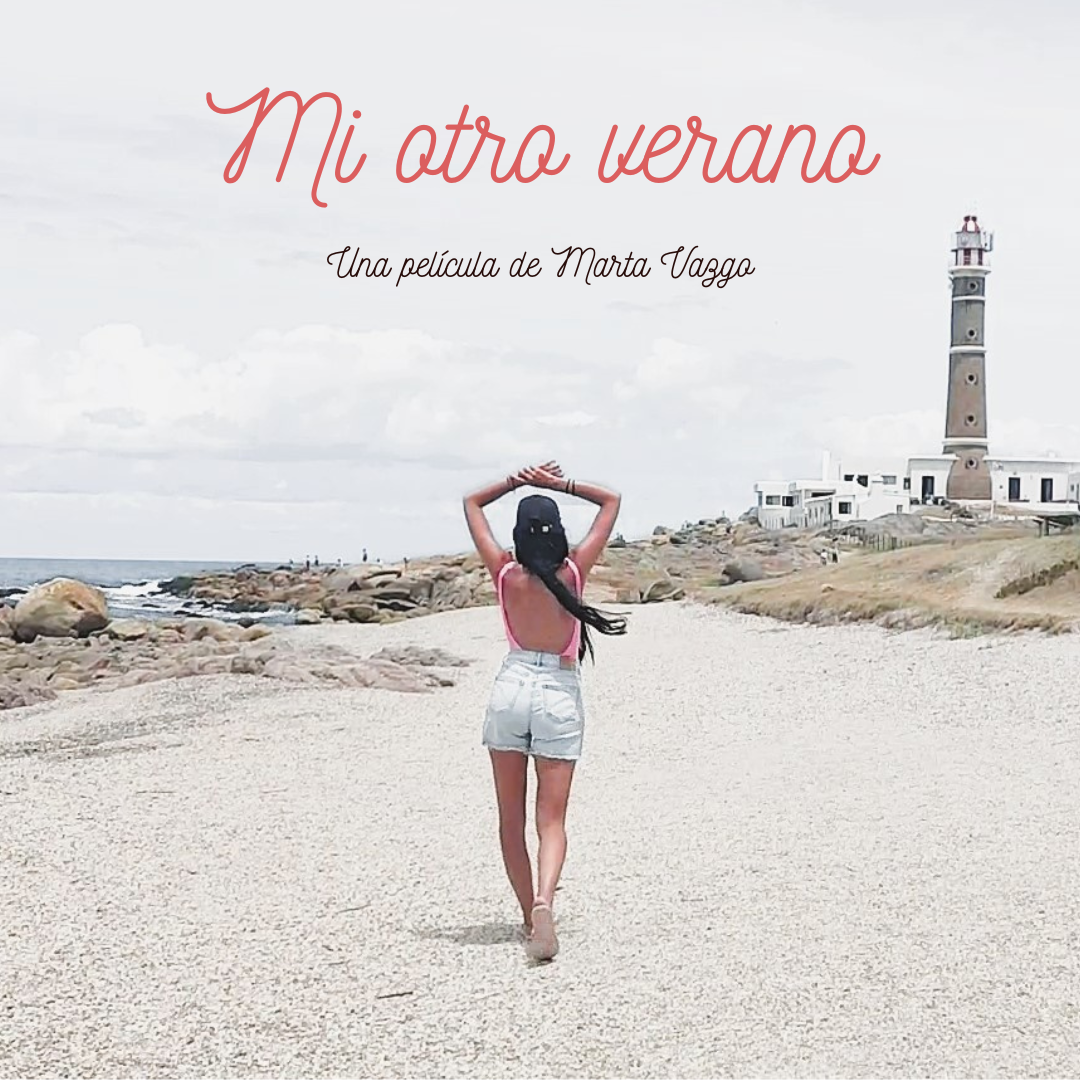
14 October 2024
14 October 2024
The Co-production and Financing Forum at Iberseries & Platino Industria: A Barometer of Content and Industry Trends in Latin America
The fourth edition of Iberseries & Platino Industria solidified its role as a global reference for market networking, co-production, financing, analysis, and development in audiovisual content driven by Latin American talent and industry. The Co-production and Financing Forum stands at the core of this mission, serving as a key setting to identify artistic, collaborative, and industrial trends within the audiovisual sectors that connect Ibero-American regions across the Atlantic..
Fiction Iberseries 202414 October 2024
-
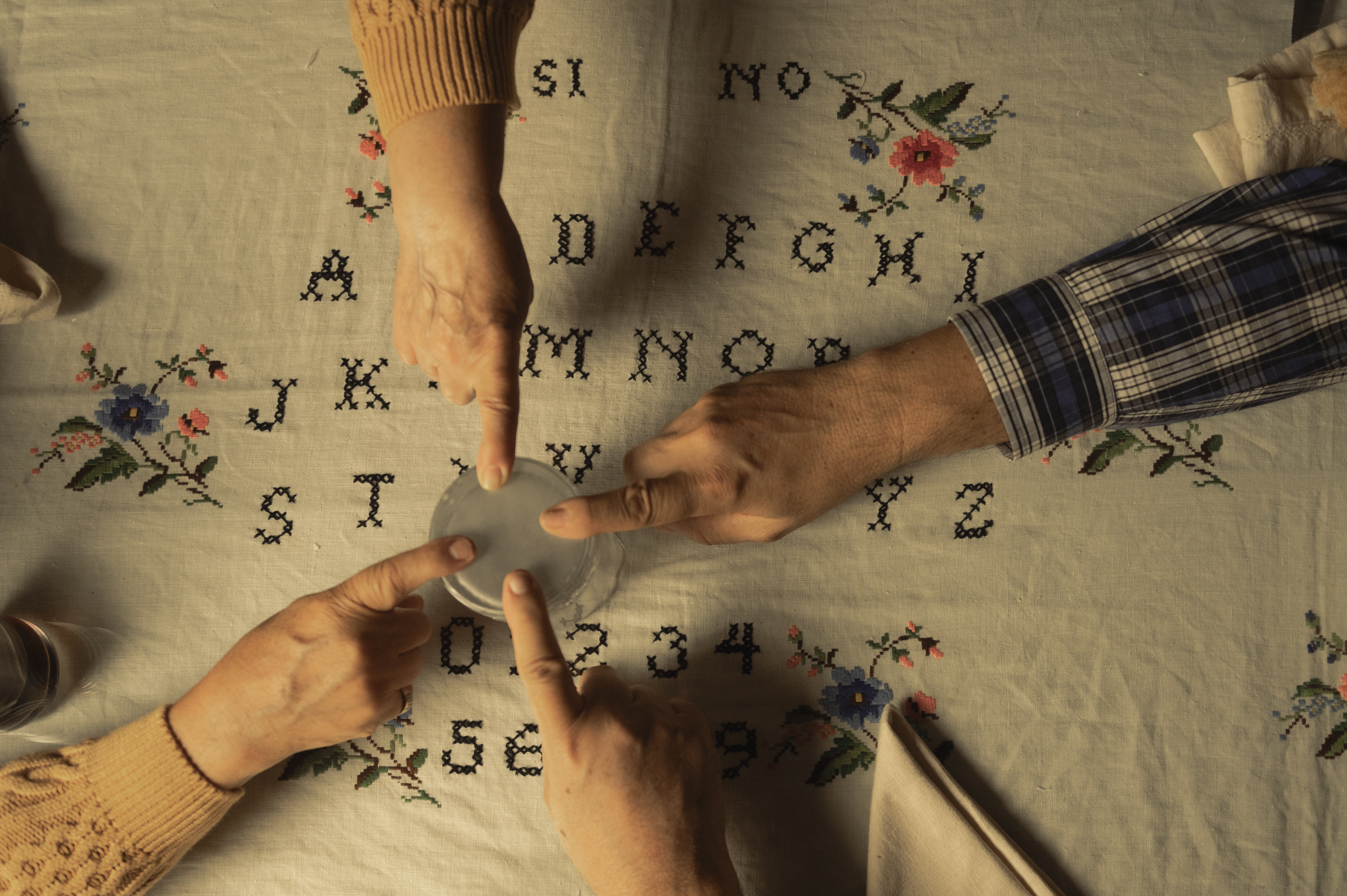
06 August 2024
06 August 2024
Spain at Locarno 2024
Founded the year after the end of World War II, this festival, held in the beautiful Swiss canton of Ticino, has become both an exquisite showcase for auteur cinema and an industrial platform for projects with the most diverse geographical origins and artistic profiles.
Fiction Locarno Pro 202406 August 2024
-
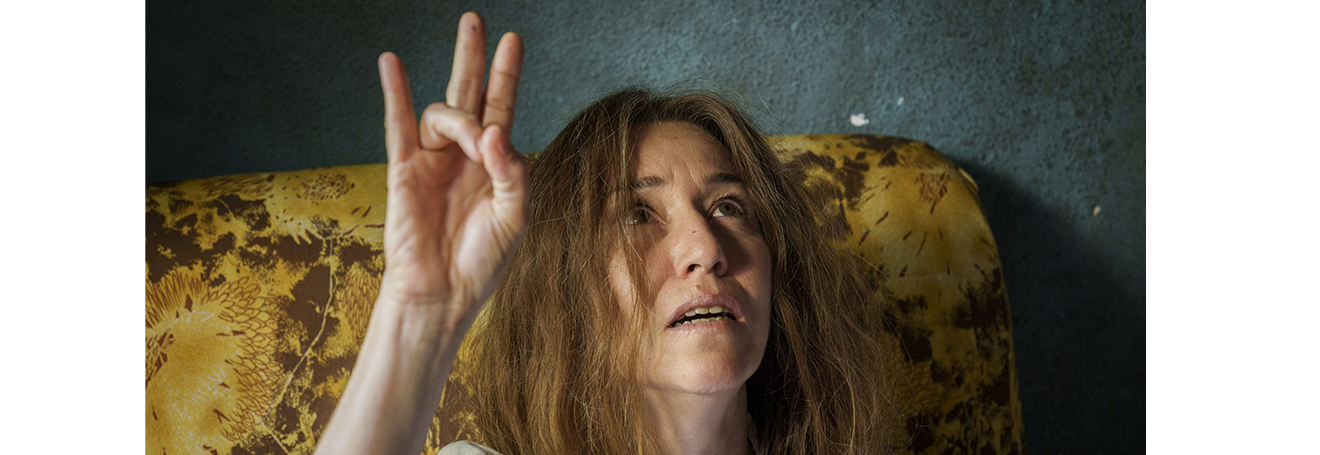
13 October 2023
13 October 2023
Dynamic pace of fiction production, a benchmark in the main markets and festivals
Spanish fiction continues to be a benchmark in the main international markets and festivals, while the industry maintains a dynamic pace of production in terms of new projects.
Fiction13 October 2023
-

26 September 2023
26 September 2023
Portocabo: Co-production as a bridge to success
A pioneering producer in fiction series co-production, Portocabo has been determined to seek out international partnerships to promote more ambitious projects. Alfonso Blanco, the company's founder, explains the advantages of his approach.
Fiction26 September 2023
-

17 September 2023
17 September 2023
From San Sebastian to Rome, Spanish Screenings continue to promote Spanish industry and talent
Spanish Screenings XXL, the ambitious international market platform, is heading into an intense fall with two of its events—Spanish Screenings Financing & Tech and Spanish Screenings on Tour—taking place close to each other in the calendar, as part of the San Sebastian Film Festival and the MIA market in Rome, respectively, in its aim to globally promote our industry.
Fiction17 September 2023
-

01 September 2023
01 September 2023
Spanish Animation Cinema, Protagonist in Prestigious International Festivals
The international prominence of Spanish animation cinema is reaching unprecedented heights, not only due to recent spectacular international sales results or global box office performance, but also because of growing interest among programmers at major festivals.
Fiction01 September 2023

